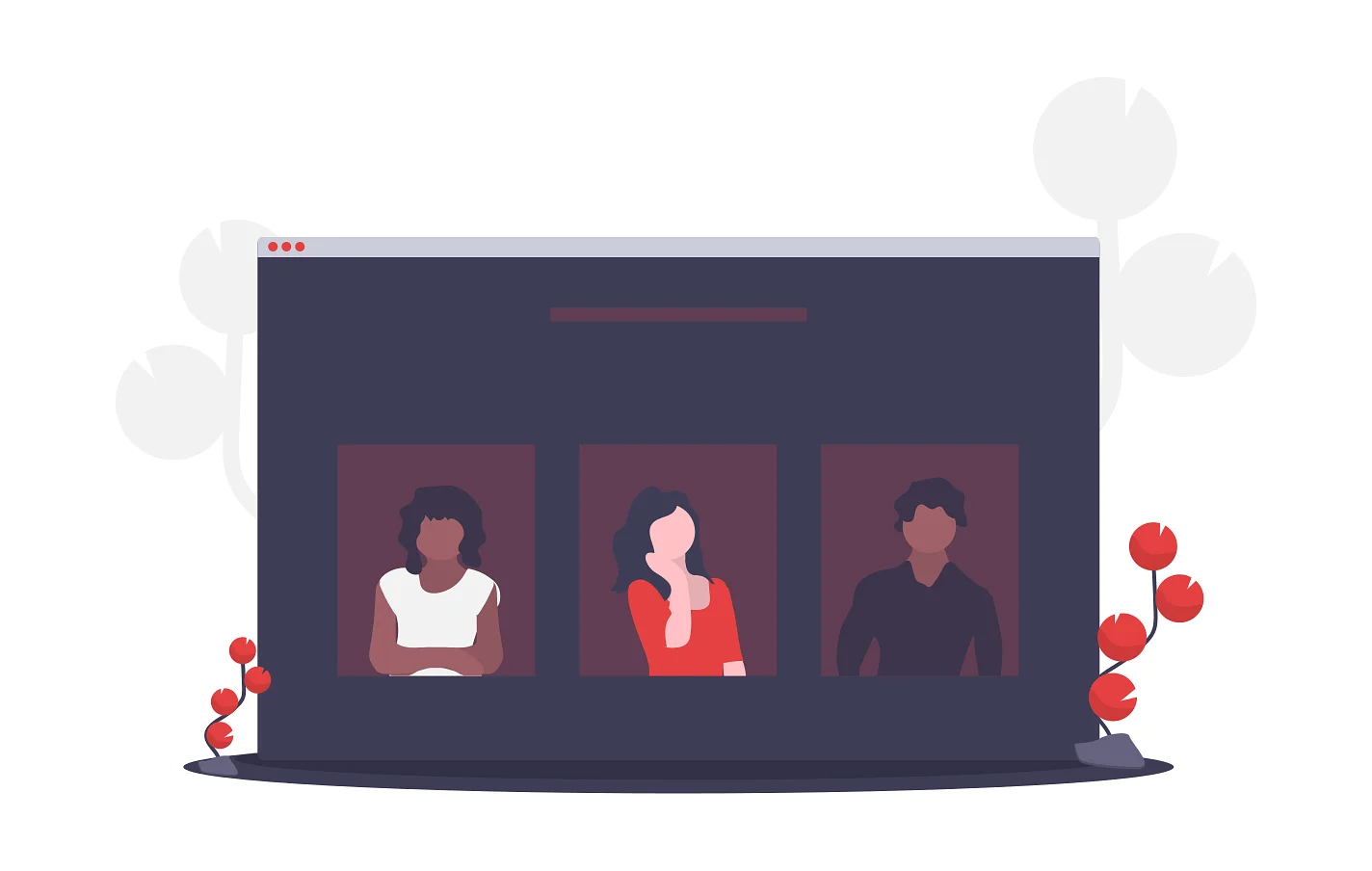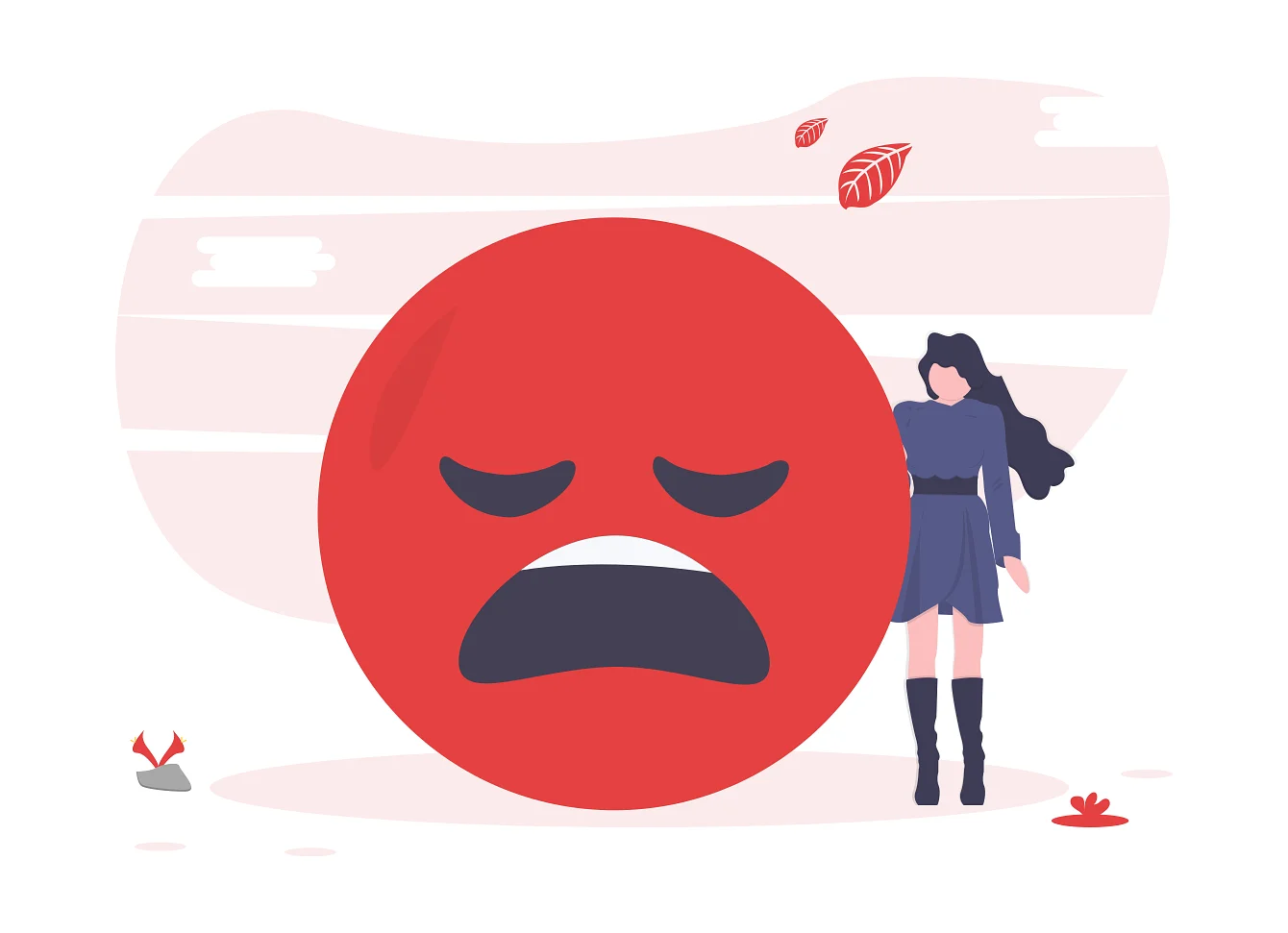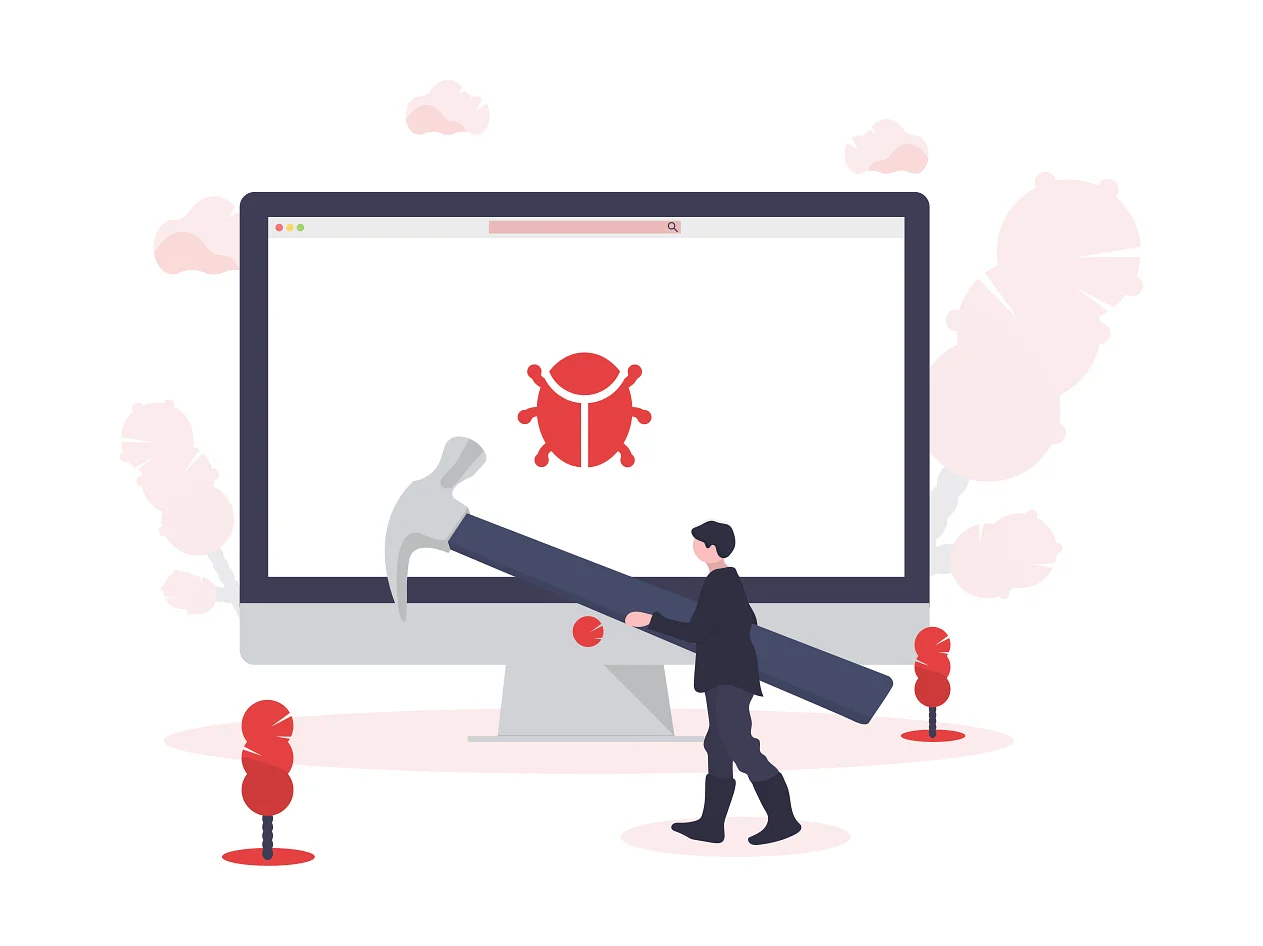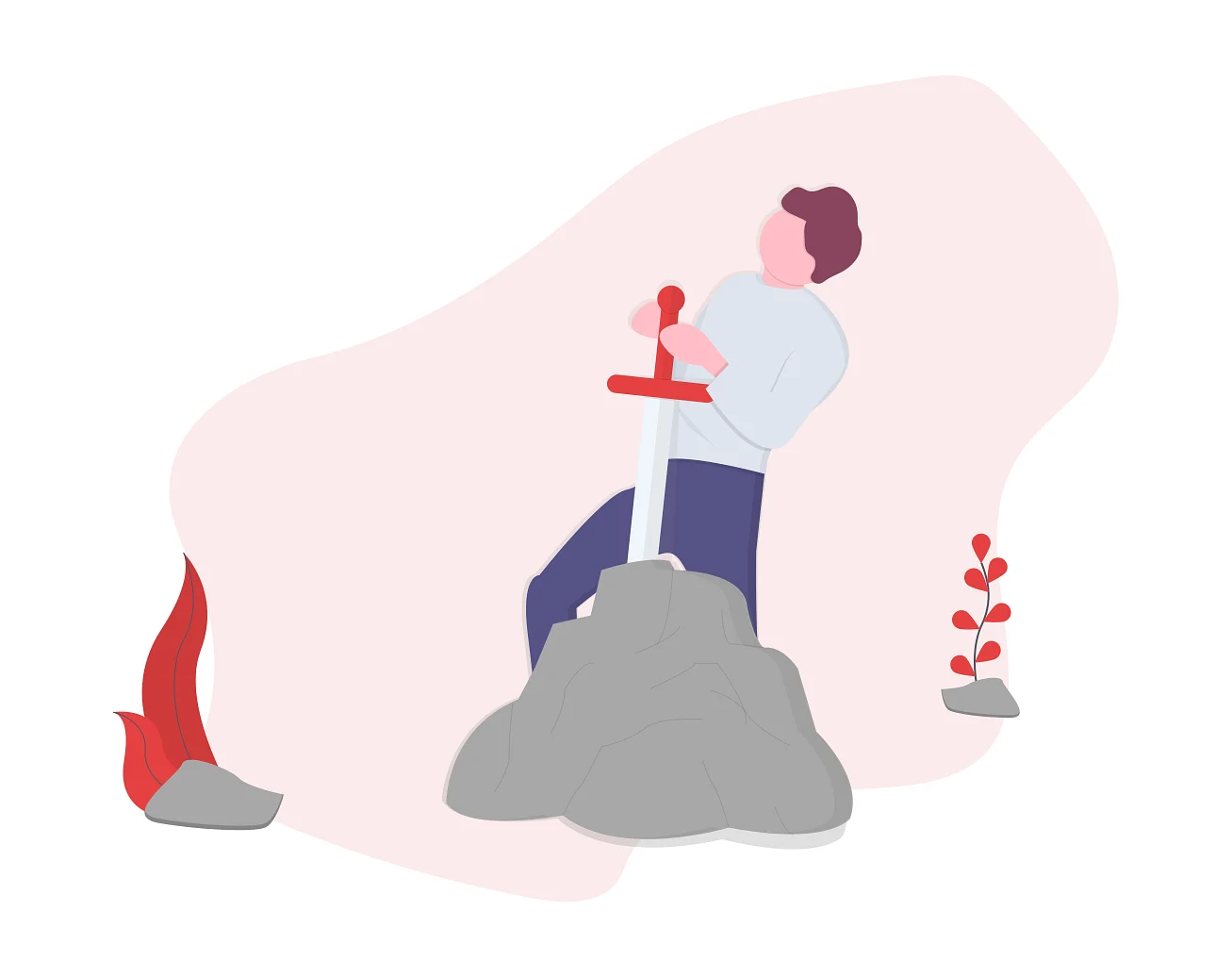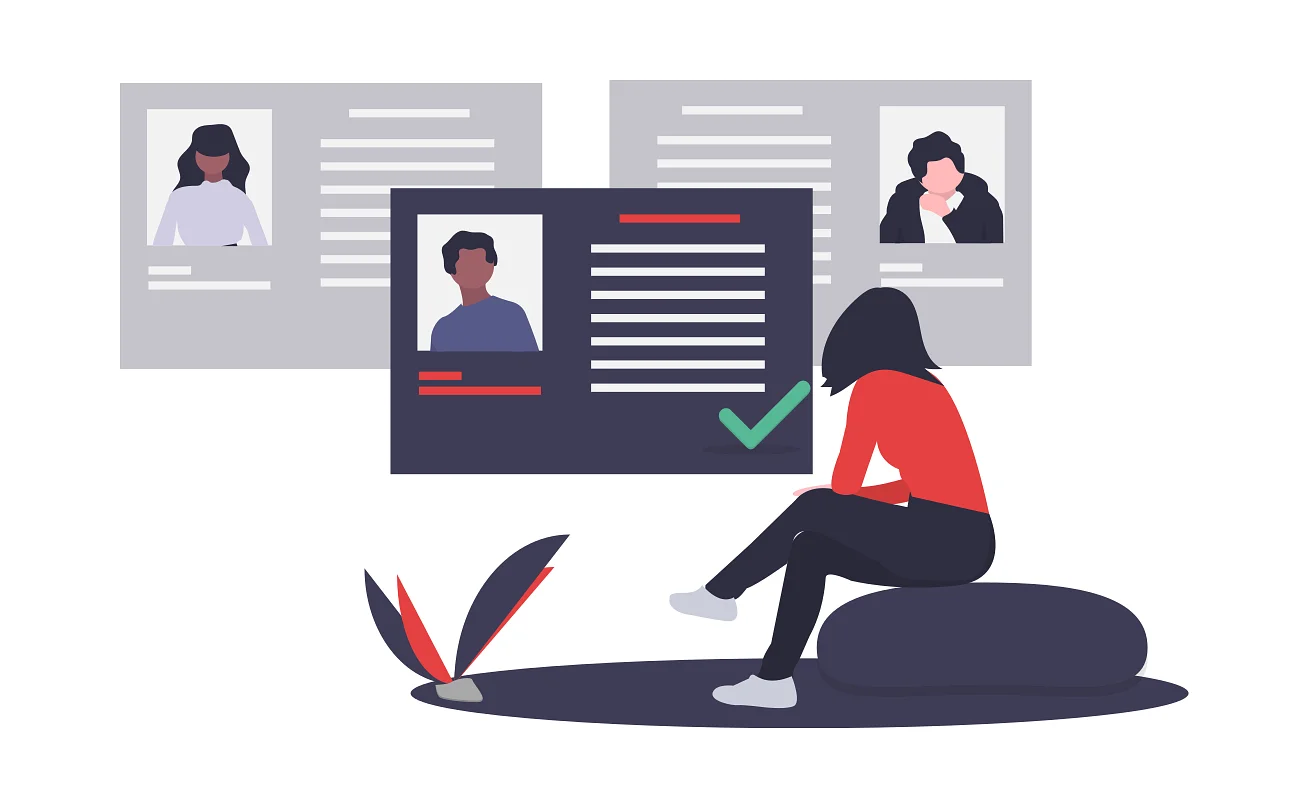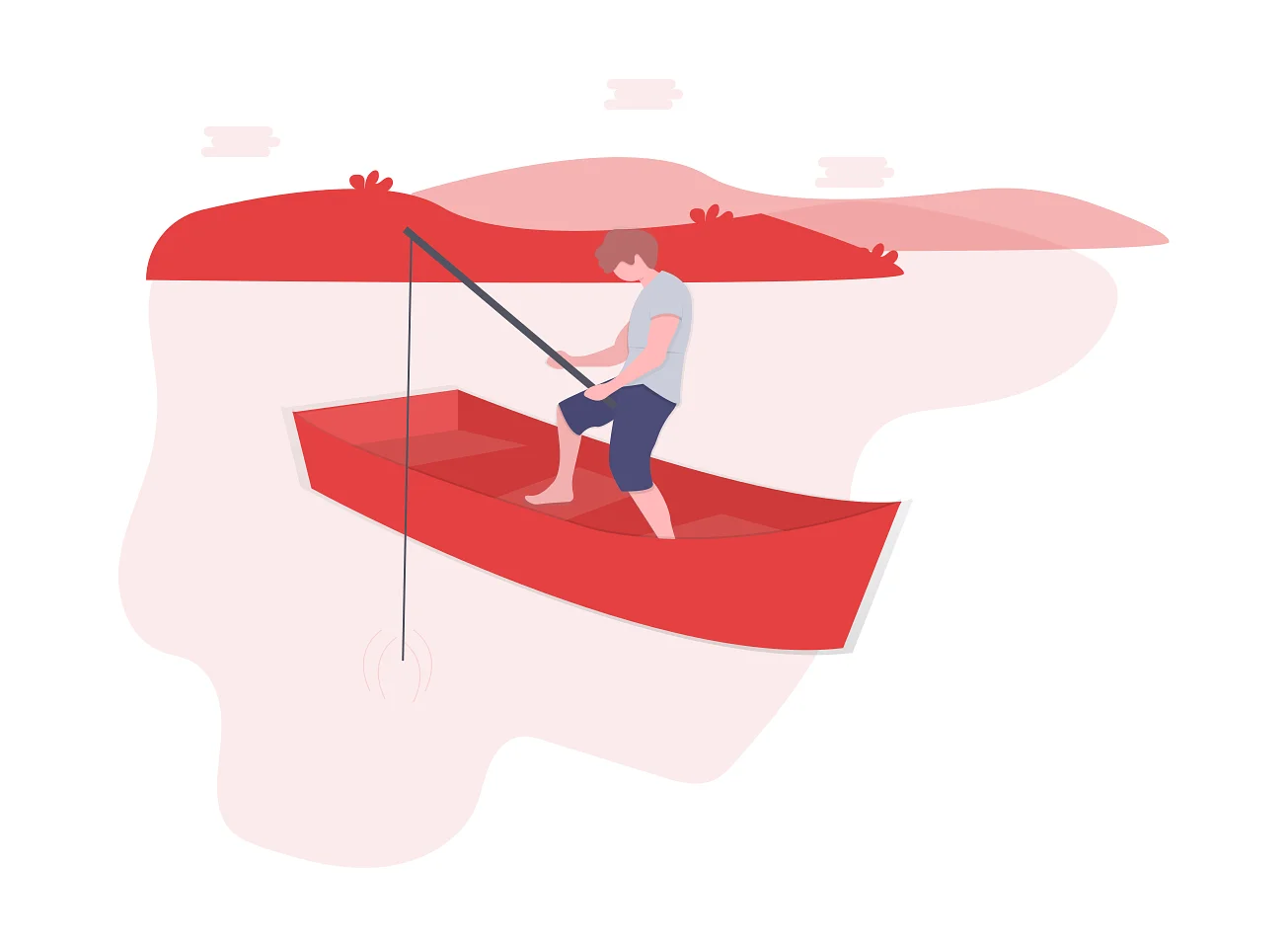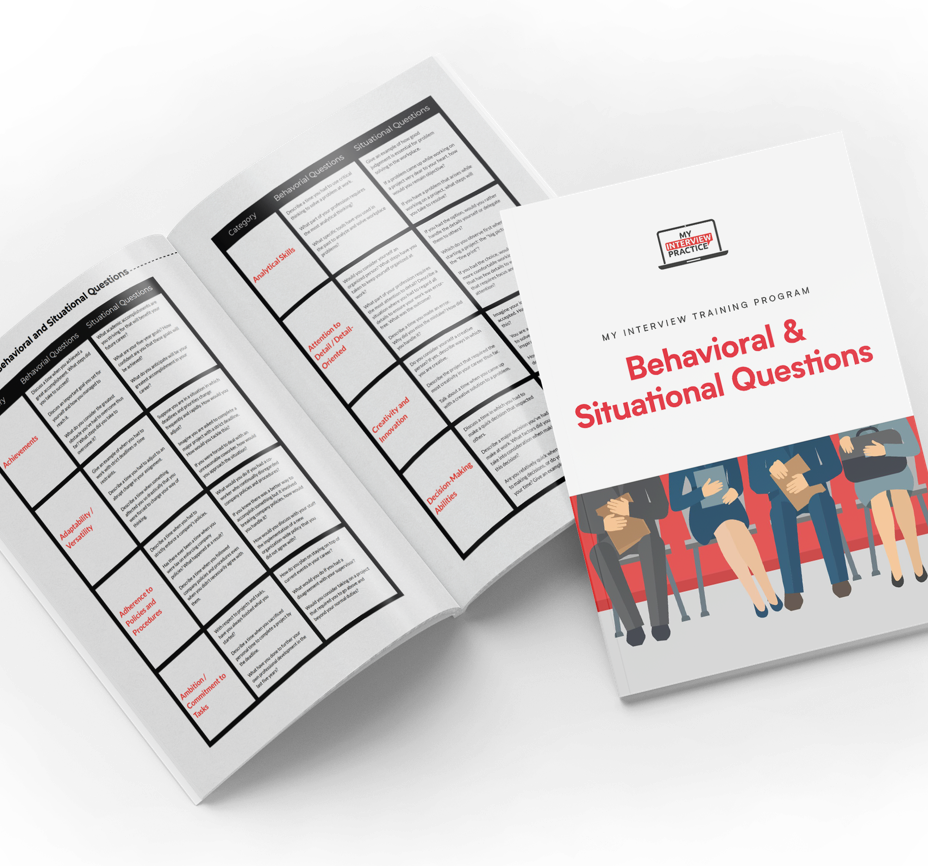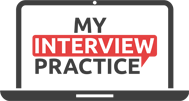7 Common Interview Questions and Answers
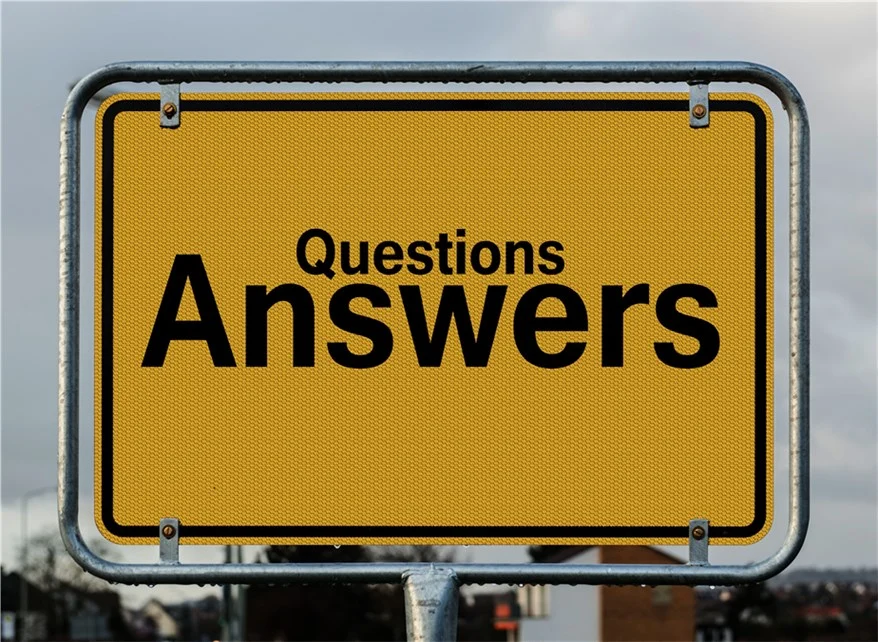
One of the most difficult parts of job hunting is the interview portion. Many job seekers get nervous, aren’t prepared, and completely drop the ball when faced with a one-on-one interview.
It’s a nerve-wracking process, but it doesn’t have to be. If you think of an interview as a test, you have two options. You can either prepare for it and show up feeling confident, or you can fly by the seat of your pants and barely scrape by.
The main problem many candidates face is that they don’t know how to prepare. This leaves them floundering during their interview and unsure of what to say.
However, preparing for an interview simply boils down to a few simple steps, and one of the most important steps is to research and rehearse your answers.
You see, interviewers follow a formula when they interview potential candidates. They want to know specific things about you, both as a person and as a worker, so they tend to ask similar questions during each interview. You can use this to your advantage!
We’ve gone ahead and gathered seven of the most common questions interviewers love to ask along with the best ways to answer them. These questions are general interview questions and are asked during the interviewing process throughout all industries, so they’re applicable no matter what your field is!
Question 1: “Why do you want to work for our company?”
As one of the most common interview questions, this question helps interviewers gauge what your motives are for wanting to work with them (aside from a paycheck). Interviewers are looking for candidates who stand out because they are passionate about the business and what they do.
Answer: “I’ve been following the company for a few years and really enjoy the work you do. The fact that you employ eco-friendly practices and care about the environment really resonates with my own personal ethics.”
When answering this question, you want to show the interviewer that you are motivated by something other than money. This is a great answer because it shows that you are already a fan of the company, you know what they do, and you share similar values.
Question 2: “What are your weaknesses?”
This is a question that often throws candidates for a loop. If you tell the interviewer about things you’re bad at, they won’t want to hire you!
This isn’t necessarily true. Interviewers know that everyone has weaknesses, and by being honest about yours, you can give them the information they need to determine if you’ll be a good fit for the job.
One of the worst things you can do in this situation is to try to dress up a strength as a weakness. You might be tempted to say something like, “Oh, my greatest weakness is I work too hard.” t might make you sound good, but interviewers can spot this kind of deception a mile away.
Answer: “I’m not the most confident public speaker. I have trouble giving presentations, but I’ve been working on improving myself. I recently joined Toastmasters International, and it has helped me a lot.”
When answering this kind of question, you need to remember three things:
- Choose an actual weakness.
- Choose a weakness that won’t be a deal breaker in your job.
- Show how you are trying to improve the weakness.
Interviewers know that nobody’s perfect, and they don’t expect you to be. It’s okay to tell them about your weaknesses, just make sure you choose one that won’t be a deal breaker for the job. If you are applying for a salesperson position, telling the interviewer about how you have trouble with public speaking might not be the best idea.
Additionally, pick a weakness that you have actively made an effort to fix. Not only will this show the interviewer your weakness won’t be a weakness for long, but it will also show them that you’re motivated to become a better employee.
Question 3: “Tell me about a time you made a mistake. What did you do to fix it?”
Similar to the previous question, the interviewer wants to know about your weaknesses and how you work with them. Mistakes happen, so it’s important for them to know how you react under pressure.
Answer: “I underestimated how long it would take to finish a small project that I was going to complete by myself. A few days before the task was due, I knew that I wasn’t going to be able to finish it on time. I asked a few of my colleagues for help, and even though the additional pressure wasn’t ideal, we were able to finish on time.”
When answering this question, it’s important to choose a situation with a happy ending. You want to show the interviewer that you can take responsibility for your mistakes and then take the action needed to get the job done.
Question 4: “What are your strengths?”
One of the biggest problems candidates have during an interview is they undersell themselves. When asked a question like this, they adopt a humble attitude and downplay their accomplishments.
However, that’s the exact opposite of what you should be doing. If you’re good at something, let the interviewer know! You’re there to impress them, so tell them all about that time you single-handedly saved your last company’s product launch.
Answer: “One of my biggest strengths is that I work well under pressure. When things get difficult, I’m able to keep my cool and work efficiently to get the job done.”
When choosing your strengths, make sure to choose something that is applicable to the job you’re interviewing for. The ability to work under pressure is a desirable quality no matter your industry which makes it a good strength to showcase during an interview.
Question 5: “Why do you think we should hire you over other qualified candidates?”
In business, there is a term referred to as an USP (unique selling point). A unique selling point is something special only you possess that will convince the interviewer to pick you over all the other candidates.
When asked this question, it pays to take the time to figure out what your USP is and why it makes you a better candidate than any of the dozens of other applicants.
Answer: “I’m a visionary thinker. When others get mired down in the same old thought process, I’m constantly looking for new ways to improve current systems. I used this quality to help improve our on-boarding process at my last job, resulting in a 24% rise in employee longevity.”
When answering this question, you want to focus on a unique aspect of your personality and back it up with quantifiable evidence. If you can show the interviewer that you have something nobody else does and it provides positive results, you’re one step closer to a job offer.
Question 6: “What are some of your hobbies?”
This is a question designed to tell the interviewer about who you are as a person and whether or not you’ll fit in with the company. When answering this question, be honest but tailor your answers to the job you’re applying for. If you are applying to a publishing agency, mentioning that you love to read will look good to the interviewer.
Answer: “I’m the captain of a soccer team in my district’s league. I also like to code in my free time, so I’ve been learning Python.”
When answering this question, make your hobbies work for you. If you occupy any leadership positions on a team or when volunteering, let them know. If you’re interviewing for a job as a programmer and like to learn new codes in your free time, mention it.
Question 7: “What was the reason for leaving your last position?”
The way you talk about your previous job tells the interviewer a lot about who you are as a person. Be honest but professional. Even if you left your last company on bad terms, don’t bad-mouth them to the interviewer.
This can be tricky because sometimes interviewers will try to goad candidates into talking badly about their last job to see how professional they remain. Even if it seems like the interviewer is sympathetic to your situation, give them your reason for leaving and leave it at that.
Answer: “It was a great company, but I just felt like we were going in different directions. I didn’t see an opportunity to grow there, so I left.”
You don’t have to go into detail when answering this question. Many times, people leave jobs because they don’t agree with the way things are done. Instead of ranting about how the leadership at your last job didn’t know how to run a business, saying that you felt you were growing in different directions is a polite and professional way to convey that it wasn’t a good fit.
Common Questions Require An Uncommon Answer
Remember that while these are good examples of common questions and answers for an interview, your actual answers may vary depending on your situation. Take time to go through the list and write down answers that reflect your own personality and experiences.
The key to nailing your interview – practice, practice, practice.
As with anything, practice makes perfect. The most common ways to practice are with in-person mock interviews or a list of questions. While these options are a great place to start, they can leave a lot to be desired.
Practicing with In-Person Mock Interviews and Question Lists
One way to get valuable interview practice is to set up in-person mock interviews. Unfortunately, they can be somewhat inconvenient. You have to find someone to conduct the mock interview, and schedule a meeting every time you want to practice.
Question lists offer a much more convenient way to practice interviewing. Unfortunately, they do little to recreate actual interview pressure. In a real interview you’ll never know what’s going to be asked and this is exactly what can make interviews so stressful.
Interview Simulators – The best of both worlds.
With interview simulators, you can take realistic mock interviews on your own, from anywhere.
My Interview Practice offers a dynamic simulator that generates unique questions every time you practice, ensuring you're always prepared for the unexpected. Our AI-powered system can create tailored interviews for any job title or position. Simply upload your resume and a job description, and you'll receive custom-curated questions relevant to your specific role and industry. Each question is crafted based on real-world professional insights, providing an authentic interview experience. Practice as many times as you need to build your confidence and ace your next interview.
| List of Questions |
In-Person Mock Interview |
My Interview Practice Simulator |
|
|---|---|---|---|
| Questions Unknown Like Real Interviews | |||
| Curated Questions Chosen Just for You | |||
| No Research Required | |||
| Share Your Practice Interview | |||
| Do It Yourself | |||
| Go At Your Own Pace | |||
| Approachable |
Our interview simulator uses video to record your responses, and recreates the pressure you would feel in a real interview. This also allows your to see how you perform and perfect your responses. You can then share your responses with colleagues and mentors so that you can get valuable feedback.
Get the free training guide.
See the most common questions in every category assessed by employers and be ready for anything.
Get the Guide

